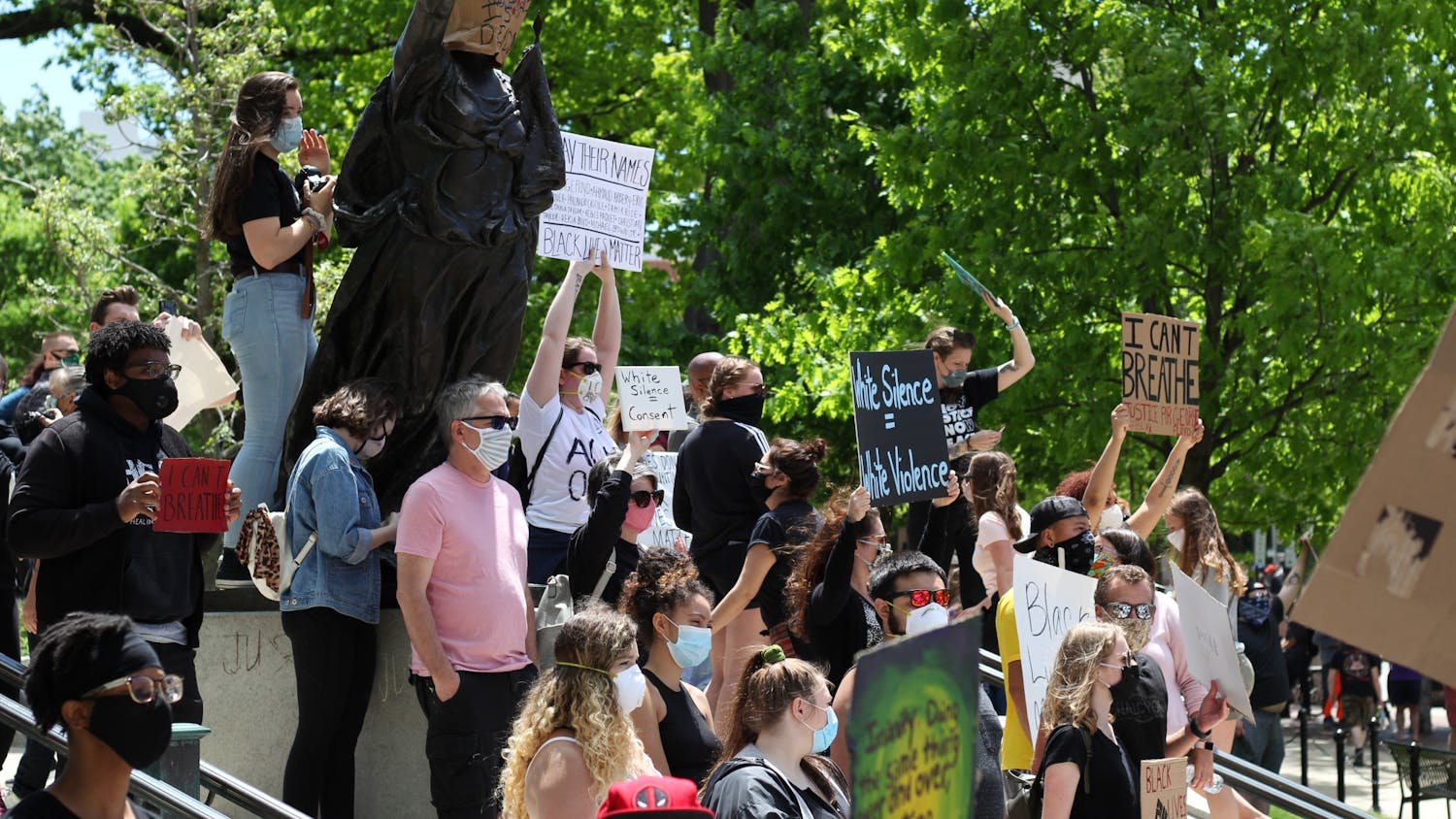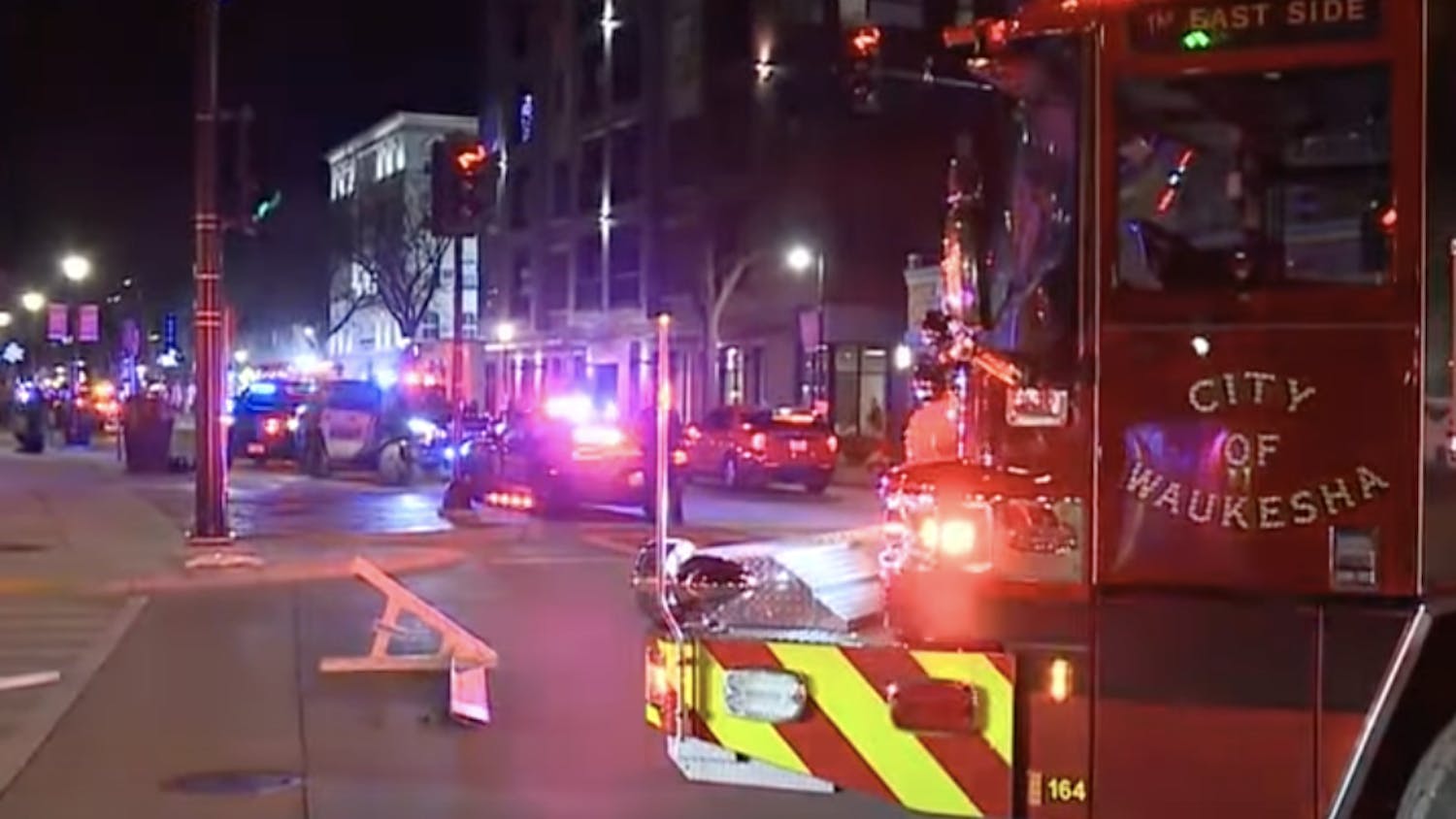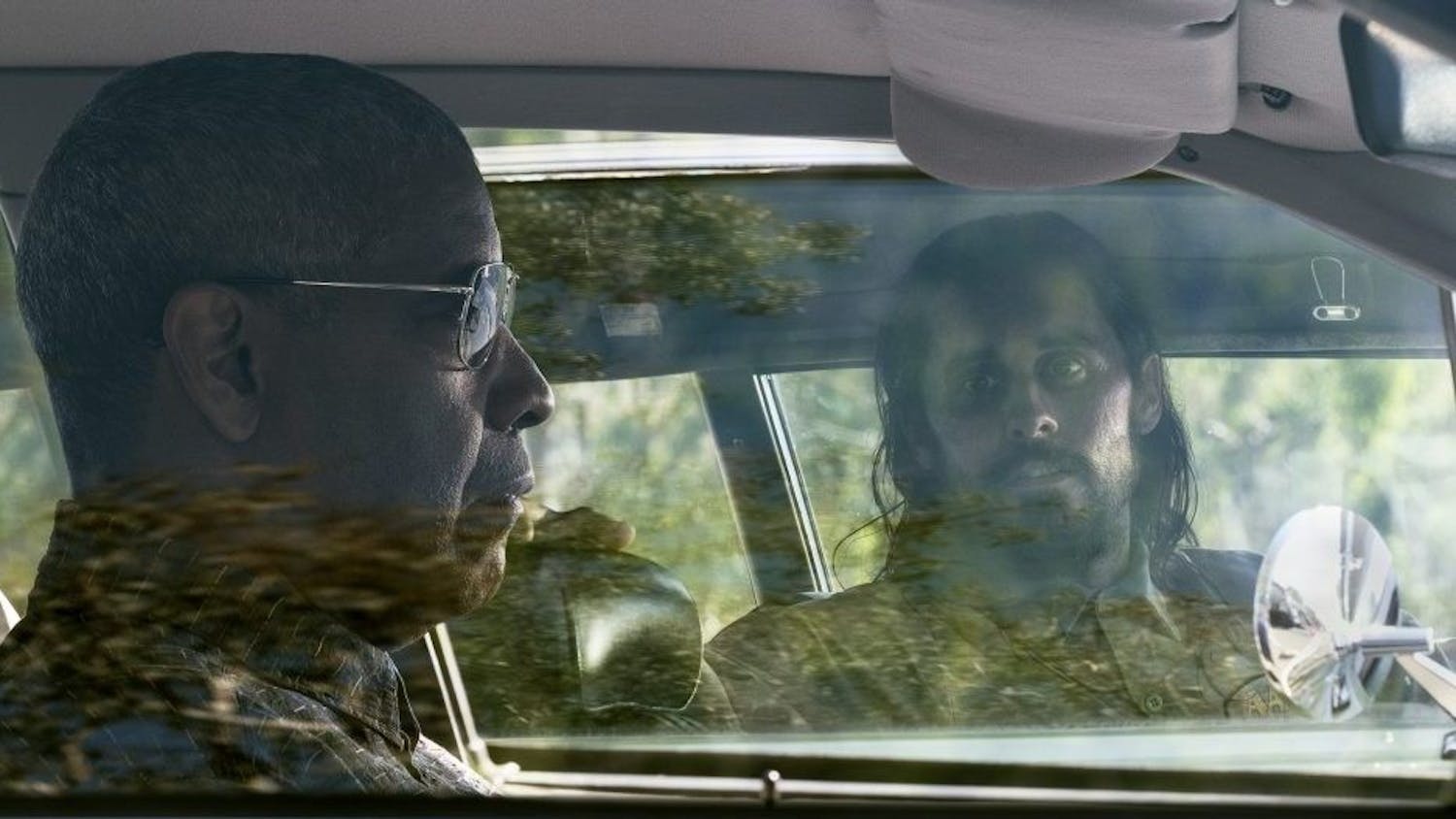In response to a potential agreement between the U.S. and Laotian governments to deport certain Hmong and Laotian residents, UW-Madison expressed their support to the Wisconsin Hmong community.
“We support and value all members of our community, especially our Hmong members during this period,” said UW-Madison Chancellor Rebecca Blank.
Forty-nine thousand Hmong call Wisconsin home and some reside in the Madison area.
According to MPR News, the U.S. State Department confirmed the U.S. government was in talks with the Laotian government to potentially fund a repatriation program that would deport a projected 4,500 Hmong community members. Those at risk include non-citizens who have committed crimes or have deportation orders against them.
UW-Madison’s support comes on the heels of a letter sent by Gov. Tony Evers to U.S. Secretary of State Mike Pompeo, which addressed his concerns for the Hmong population of Wisconsin.
“Many Hmong people living in Wisconsin came here as refugees seeking asylum,” Evers wrote. “The Trump Administration’s veiled negotiations are sowing fear among Hmong communities across Wisconsin.”
Along with Evers, 36 other members of the Wisconsin State Legislature stated their opposition to deport both Hmong and Laotian residents.
“Thousands of Hmong families live, study and work here, contributing to our local economy in countless ways,” the legislature said in a letter. “Many are veterans, immigrants and/or refugees, forming a strong and vibrant community that contributes unique and diverse knowledge and experiences that strengthen our collective innovation, creativity and prosperity.”
In response to the situation, UW-Madison offered support services — including the Dean of Students Office and the University Health Services Counseling and Consultation Services — to students looking to discuss their concerns.
UW-Madison indicated they would not provide information regarding the immigration status of its faculty, staff and students — unless directed by a higher authority.
The UW-Madison Police Department said they would not engage in “immigrant enforcement actions conducted by U.S. Immigration and Customs Enforcement officers.” UWPD also said it would only participate in immigrant-related investigations if they believed a suspect committed a serious crime.
Lastly, the university requires ICE officials to use proper legal procedures when seeking out students on campus for law enforcement-related activities.






